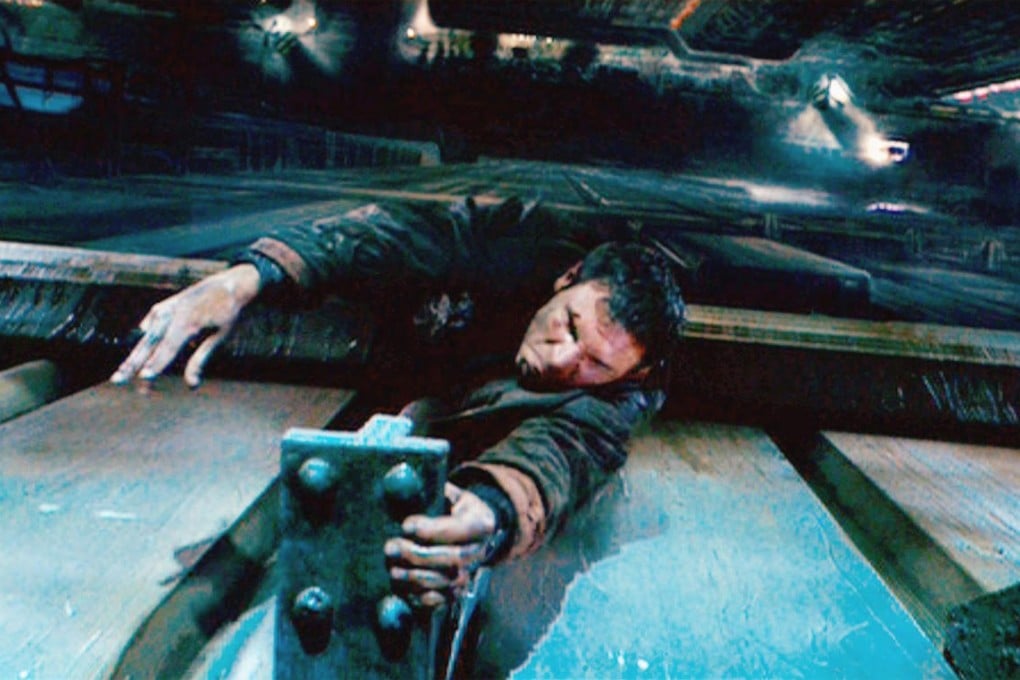Blade Runner most memorable for the questions it asks about meaning of life

Harrison Ford, Rutger Hauer, Sean Young
Ridley Scott
It's hard to believe now, but when Blade Runner was released in 1982, it was met with mixed reviews. Fast-forward 32 years - and a further six editions of the film - and Ridley Scott's magnum opus is feted as one of the best and most influential science-fiction films, with a fervent cult following to match.
Visually, it set the tone for a host of acolytes - from Brazil to Total Recall to Dark City - virtually inventing the tech-noir genre in the process, while its plot and mood owe much to hard-boiled detective fiction, with Rick Deckard (Harrison Ford) the titular world-weary gumshoe tasked with tracking down a gang of outlaws: a quartet of synthetic humans known as "replicants" that have escaped and are on the run in Los Angeles.
But what makes Blade Runner so enduring are the questions it asks about what it means to be human - and the ambiguous answers it leaves the viewer to ponder.